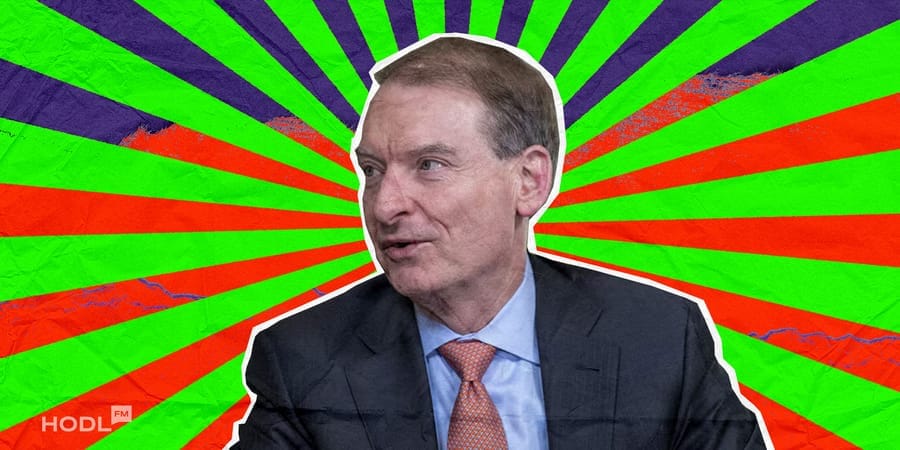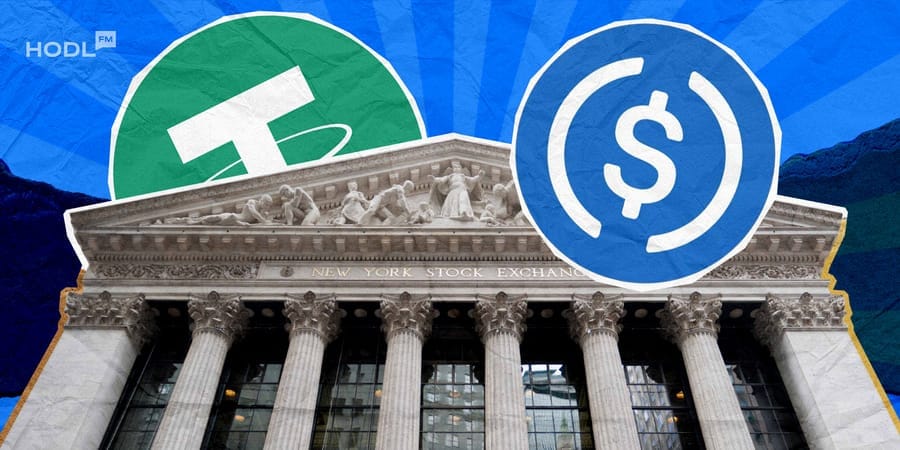The Federal Reserve Vice Chair for Supervision, Michelle Bowman, is speaking up about the challenges crypto firms face, especially when it comes to debanking due to regulatory uncertainty. During her appearance at the Wyoming Blockchain Symposium on August 19, Bowman acknowledged that crypto companies have been caught in a mess of unclear and conflicting regulations. It sounds like a real headache, right?
Bowman announced that the Fed had made a major shift in its approach to blockchain innovation. In late June, the central bank decided to eliminate reputational risk considerations from bank supervision. This change, according to Bowman, will remove some of the barriers preventing financial institutions from serving digital asset companies that are operating legally. In other words, banks shouldn’t be afraid to work with crypto firms just because they’re in a somewhat grey regulatory zone.

Bowman made it clear that banks shouldn’t be penalized for serving lawful crypto businesses. She said,
"customer selection decisions lie solely within the purview of bank management," which is a nice way of saying, "Let the banks decide who they want to work with."
A New Fed Approach
Bowman also hinted at the Fed’s shift away from its "overly cautious" mindset toward a more open approach to blockchain technology in the banking sector. She warned that regulators now have to choose: either they shape the technology’s future or risk seeing innovations bypass traditional banks altogether. In my opinion, that sounds like the Fed is finally getting with the times.
To make this shift permanent, the Fed is updating its examination manuals and supervisory materials to ensure that the reputational risk removal policy sticks.
The Four Principles Guiding the Fed’s New Regulatory Framework
Bowman laid out four key principles for the Fed’s new approach to digital asset regulation. The first one? Regulatory certainty. The industry’s been crying out for clear standards, and Bowman seems to agree. Without those, she wonders if companies would even bother partnering with banks, given the scrutiny and uncertainty that comes with it.
Second, there’s tailored regulation. The idea here is that supervisors should evaluate each digital asset use case on its own merits rather than applying a "one-size-fits-all" approach. I think this is a much-needed breath of fresh air for crypto companies that feel like they’re constantly lumped together with traditional financial products.
The third principle is consumer protection, which ensures that crypto products follow existing laws, including protections against unfair or deceptive practices. This also includes making sure that the Bank Secrecy Act and anti-money laundering requirements are met, which should keep things safe.
Finally, American competitiveness rounds out the framework. Bowman emphasized that if the U.S. doesn’t get its regulatory act together, it risks losing its lead in the global financial tech race. Yikes, no pressure there!
A New Era of Tech Integration and Supervision
Bowman also talked about how the Fed is reintegrating "novel supervision" activities back into Reserve Bank examination staff, essentially giving banks a more hands-on approach to monitoring new tech innovations. In a move that might surprise some, she even proposed allowing Fed staff to hold small amounts of digital assets to better understand blockchain technology. Hey, if you’re going to regulate something, it helps to know how it actually works, right?
In my view, this could be a game-changer. The Fed sees potential in tokenization for faster asset ownership transfers, and Bowman believes that banks, including community institutions, will benefit from these efficiency gains. Also, with the GENIUS Act positioning stablecoins as a key part of the financial system, Bowman sees real opportunities for digital assets in traditional payment systems.
She wrapped up by calling for more industry input on how blockchain can be used to solve new problems, especially fraud. It looks like the Fed is ready to embrace innovation and regulation in a way that could shape the future of the financial system.

Disclaimer: All materials on this site are for informational purposes only. None of the material should be interpreted as investment advice. Please note that despite the nature of much of the material created and hosted on this website, HODL FM is not a financial reference resource, and the opinions of authors and other contributors are their own and should not be taken as financial advice. If you require advice. HODL FM strongly recommends contacting a qualified industry professional.





